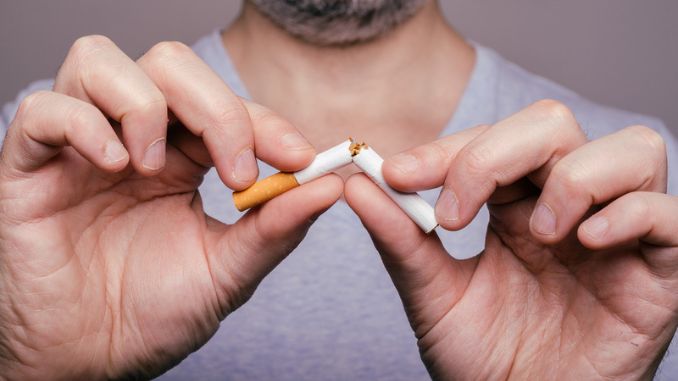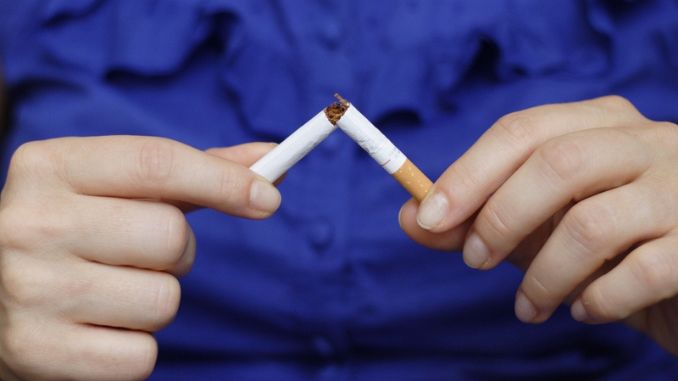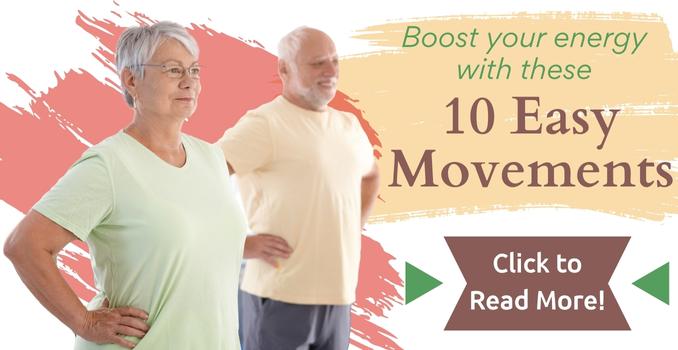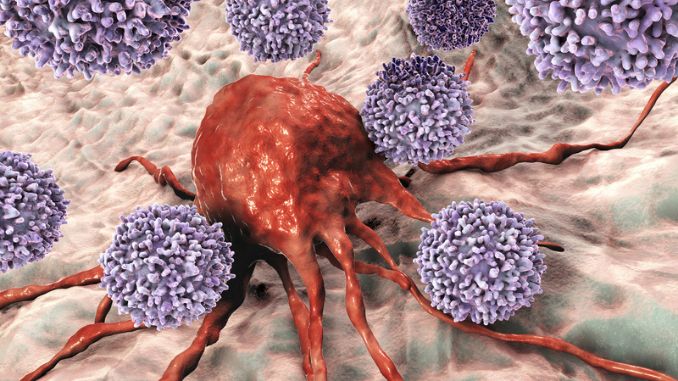We will explain in this blog the significance of quitting smoking. But first, in order to fully understand what quitting smoking will feel like after many years of the habit, let’s explore what smoking actually does to your body. The effects of smoking are so numerous and damaging to your health that experts estimate you can take 11 minutes off your lifespan for each cigarette you smoke.
Of course, most people who smoke already know this. Health warnings are everywhere: on billboards, commercials, posters, and literally every pack of cigarettes you buy.
So what’s holding smokers back from finally quitting? Other than the physiological addiction that smoking causes, one of the biggest things that smokers worry about is what it will feel like to quit.
Will it hurt? Will it feel good? Will it be absolutely torturous for years on end?
The Effects of Smoking on Your Body

Your heart is also affected by smoking. Oxygen is carried to the heart and throughout your body by red blood cells, and inside these red blood cells, there is hemoglobin. The carbon monoxide in your cigarettes binds to this hemoglobin, and this makes it more difficult for your red blood cells to carry oxygen around your body. This puts stress on your heart and damages your blood vessels as well.
In addition to these effects, smokers also tend to have more wrinkles because there is less oxygen that is able to get to the skin cells. They also tend to have a higher propensity for tooth decay and loss and may partially lose their sense of taste and smell. Finally, they may be more susceptible to illness and disease.
How Does Quitting Smoking Feel?

In short, it first feels terrible. But later, it feels amazing. Here’s a rough timeline:
Day 1
Your respiratory system will start to repair itself just 12 hours after you quit. The carbon monoxide from the cigarettes will begin to unbind from your hemoglobin. You will have cravings.
Day 2
Your cravings will get worse. This is often when many smokers cave. Shaky fingers can happen. However, your risk of heart disease has already been reduced. Your sense of taste will also begin to return.
Day 5
The nicotine is out of your system at this point, but cravings will still be high. You may experience headaches, nausea, and cramping.
One Week In
You may have improved energy levels, but those cravings will still be there. If you exert yourself, you may feel nauseous. In general, you will feel warmer because your circulation will have improved.
Two – Three Weeks In
Cravings should have subsided by now, and your lung capacity will have increased. It will be easier to breathe and exert yourself.
Several Months In
After several months of not smoking, you should be finished with withdrawal symptoms and cravings. Your lungs will be actively repairing themselves, and it will be much easier to breathe, run, and exert yourself. You’ll be better able to concentrate, and you’ll have reduced your risk of a heart attack or heart disease by 50 percent. Your body will continue to heal from here on out.
It has been found that non-smokers live an average of 6.5 years longer than smokers. If you smoke, consider that for a moment. What could you do in 6.5 years?
Well, if you want that time back, take heart because there’s something you can do: quit smoking today. Talk to your doctor. Buy some nicotine gum or a patch kit at your local pharmacy. Join a support group. Ask for help from your friends and family.
More than any other health habit change you can make, quitting smoking will do the most. It can and will change your life.

Rick Kaselj MS, is a leading kinesiologist and injury specialist as well as co-creator of the best-selling Unlock Your Hip Flexors program. Rick creates exercise programs that help people heal injuries and eliminate pain, so they can go back to living a full, active, healthy life.




